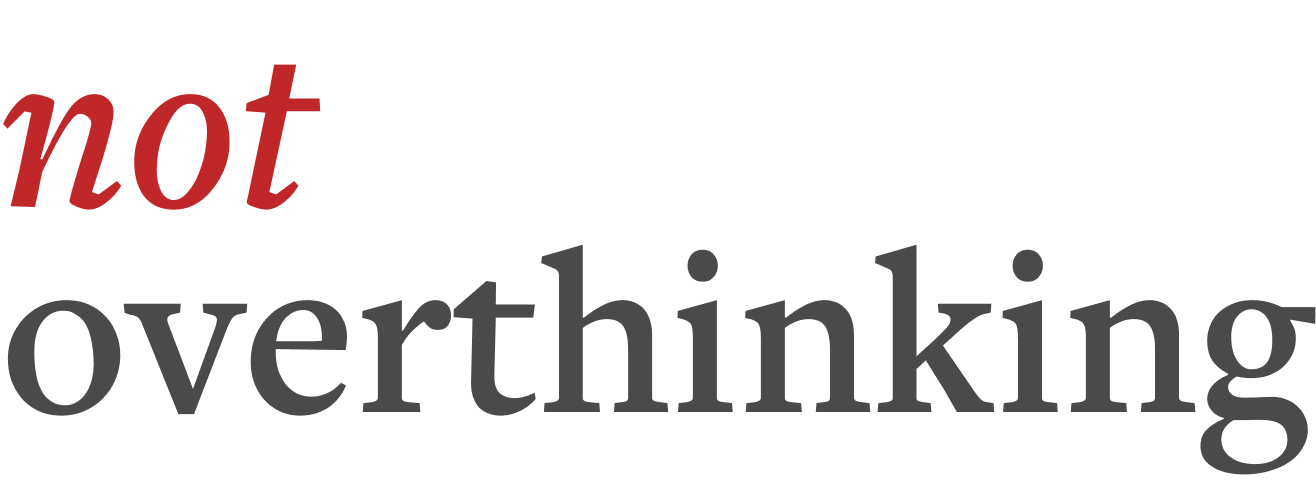Is being negative ever acceptable?

Some of the highlights from our discussion:
Having a blanket ban on negativity can be helpful. Ali raises the neuroscientific concept that ‘neurons that fire together wire together’ and having persistently negative thoughts or complaining about certain things will be reflected in your long-term outlook and persona whereas being positive would have the opposite effect.
Negative comments can tarnish your retrospective enjoyment of an event. A big part of happiness is the selective memories that we create about certain events. Ali references a blog post which discussed how there are certain events whereby the enjoyment overcomes any negative aspects of the event over time. This blog post used the example of trekking up a difficult mountain whereby at the end of it you’re really glad you did it and then over time as you look back on your memories you come to forget the negative aspects – like the wind and rain – and remember the sense of achievement and enjoyment that you gleaned from the experience.
Actively reminding ourselves of the negative aspects of an event is, in Ali’s words, ‘self-sabotage’. We are responsible for the story we tell ourselves about events and there is nothing to be gained from taking a negative stance on them unless we are conducting a valid criticism or critique that will be constructive rather than destructive.
But there is value in being honest and there are nuances to being negative, complaining and criticising. For instance, constructive criticism and critique can be valuable and complaining that will change behaviour or environments for the greater good have to be acknowledge. For example, if someone was complaining about sexual harassment then that’s an objectively necessary complaint to be voicing.
In terms of specific events, Neutral Dispassionate Analysis (NDA) can be used to represent this nuance. This acronym gives us the space to offer criticism or perhaps complain without appearing to be overtly critical of the whole experience or the people we have shared the experience with.
We should think about whether statements are appropriate for the existing vibe in given situations. Taimur comes up with his ‘vibe theory’ which attests that it’s generally good to amplify the vibe in both positive and negative scenarios. Ali disagrees that there are too many special cases and nuances to make this theory universal, but it does have some value and is perhaps better phrased in terms of trying to amplify harmless vibes – both positive and negative.
Become a Not Overthinker
We've got a fun little members-only community where we have a private Slack channel, and host weekly (ish) Zoom hangouts. Click here if you fancy joining.
Leave us a Review
If you enjoy listening to the podcast, we'd love for you to leave us a review on iTunes / Apple Podcasts. Here's a link that works even if you're not on an iPhone :)
Send us an Audio Message
We really want to include more listener comments and questions in our episodes. If you've got any thoughts on this episode, or if you've got a conundrum or question you'd like us to discuss, send an audio file / voice note to [email protected].
- For any non-audio comments, please comment on our YouTube channel.
- Alternatively, feel free to drop us a tweet or DM on Twitter - https://twitter.com/noverthinking.



